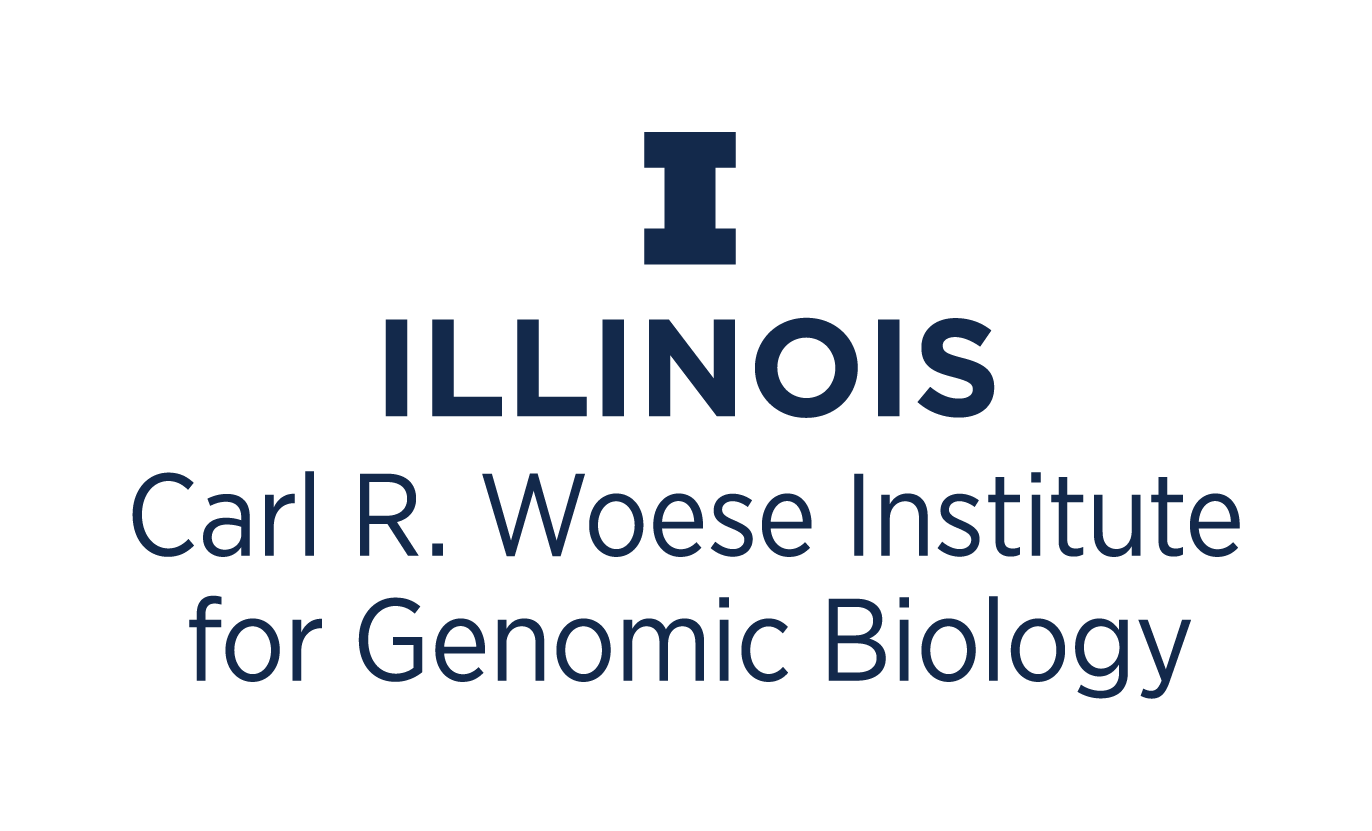How will humanity deal with the pressing need for new drugs to treat pathogens that are resistant to antibiotics? Widespread overuse has led to a decline in the efficacy of these drugs, and now many pathogens are resistant to all commonly used antibiotics. Currently, 70 percent of antibiotics, and more than half of all medicines, are derived from microbially produced natural products, or secondary metabolites — small molecules with unique, and often medically relevant, properties. Ironically, at a time of great need, many pharmaceutical companies are scaling back or eliminating metabolite screening programs. Yet evidence suggests that a multitude of useful microbial products await discovery. A better way to exploit this potential is urgently needed.
The Mining Microbial Genomes research theme brings together a team of microbiologists, chemists, and engineers to search — or in essence, mine — microbial genomes for the ability to produce new metabolites. Our goal is to learn how primary metabolites are produced in microorganisms and to understand the enzymatic transformations responsible for their synthesis. Researchers will create and use a number of chemical and computational tools to:
- Identify processes through which bacteria utilize metabolites
- Elucidate new, medically relevant metabolites
- Understand the mechanistic principles that govern enzyme specifity and function
- Predict the substrates and products of uncharacterized microbial enzymes
- Engineer microorganisms to efficiently and cost-effectively produce new metabolites
- Explore how to modify these metabolites to improve their effectiveness
- Create unique, high-output screening methods to assess the metabolite’s efficacy and toxicity to pathogens
Scientists will search for these answers by unlocking the vast genetic potential of microbial genomes using sequence-based and metabolomics-based approaches. Because most microorganisms will not grow under standard laboratory conditions, these methods eliminate many of the difficulties involved in traditional culture-based approaches. By accessing microbial DNA isolated directly from the natural environment (without cultivation), the scale of the screening process can be expanded without labor-intensive growth experiments. Once promising targets are identified, researchers conduct a more thorough investigation involving molecular biology, metabolite analysis (metabolomics), metabolic engineering, chemical and enzymatic synthesis, and analysis of host and target organism response.
Success with this approach ultimately leads to the discovery of novel classes of antibiotics, improved production methods, and better ways to examine antibiotic efficacy in human and animal hosts. In addition, the information gleaned from these studies will improve our ability to annotate the function of genes and predict enzyme products.
William Metcalf (Microbiology, theme leader) and Martin Burke (Chemistry) on building a discovery engine for natural antibiotics


